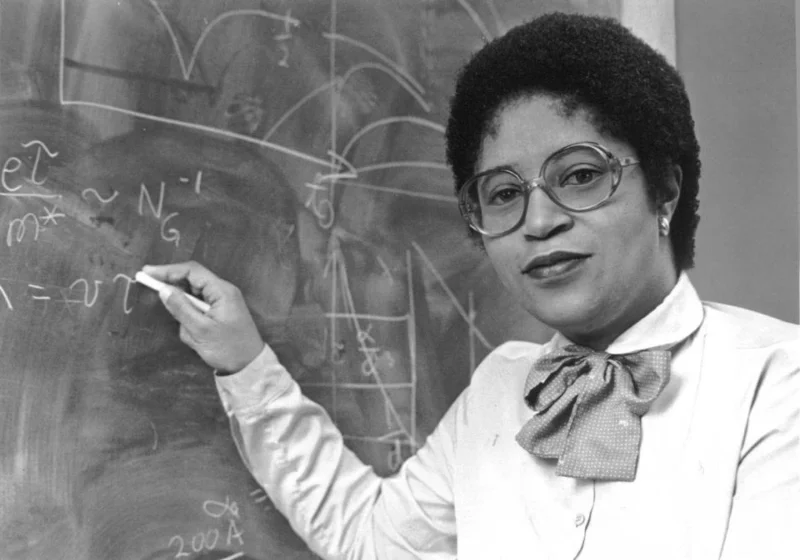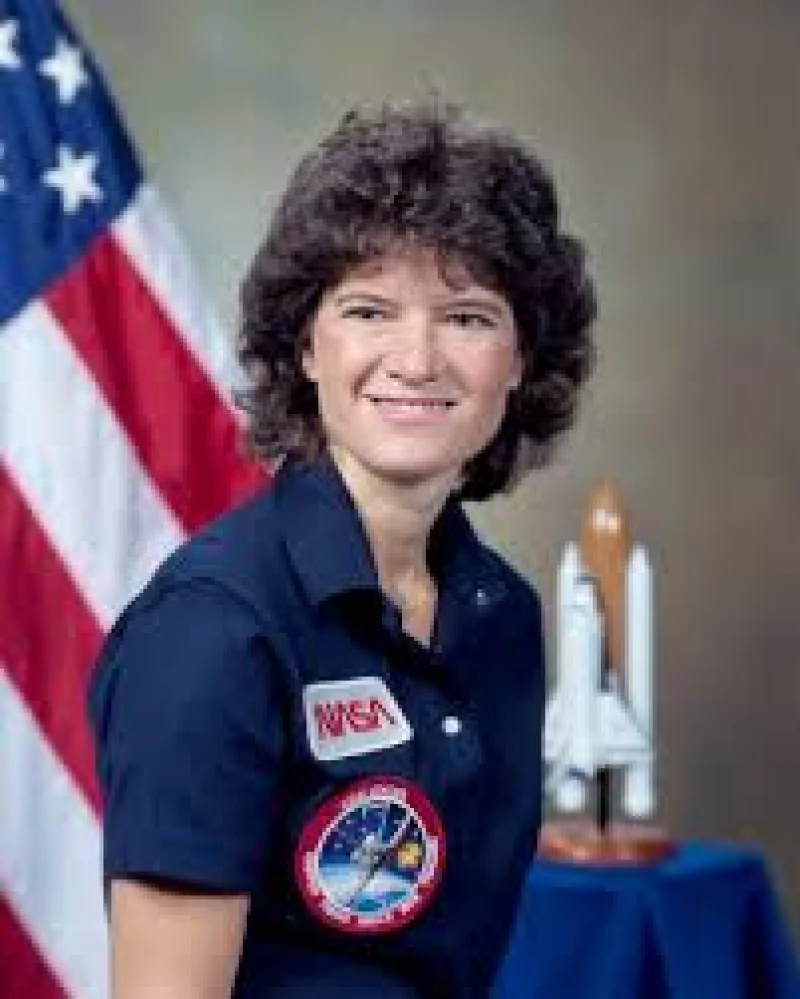Short Summary
Wernher von Braun was a pioneering aerospace engineer and key figure in the development of rocket technology in the 20th century. He is most famous for his work on the V-2 rocket during World War II and later for his significant contributions to the United States' space program, including the Saturn V rocket that enabled the Apollo moon landings. His work laid the foundation for modern rocketry and space exploration.
Early Life & Education
Wernher von Braun was born on March 23, 1912, in Wirsitz, Germany (now Wyrzysk, Poland), into a noble family. From a young age, he showed a keen interest in science and engineering, particularly in rocketry and space travel. His early education was shaped by this passion, and he pursued studies in engineering at the Technical University of Berlin. Von Braun earned his doctorate in physics in 1934, focusing his research on liquid-fueled rocket engines. His early fascination with space was further influenced by the work of Hermann Oberth and other pioneers in the field.
Career Highlights
Von Braun's career began in Germany, where he played a pivotal role in developing the V-2 rocket during World War II. After the war, he was brought to the United States under Operation Paperclip, where he continued his work on rocket technology. In the U.S., he became a key figure at NASA and was instrumental in the development of the Saturn V rocket, which was crucial for the success of the Apollo missions to the moon. His leadership and vision were vital in advancing the American space program, ultimately contributing to the successful moon landing in 1969.
Major Achievements
- Developed the V-2 rocket, the world's first long-range guided ballistic missile.
- Led the team that designed the Saturn V rocket, enabling the Apollo moon landings.
- Helped establish NASA as a leading organization in space exploration.
- Contributed to the launch of the first American satellite, Explorer 1, in 1958.
Famous Quotes
- "Research is what I'm doing when I don't know what I'm doing."
- "The rocket worked perfectly, except for landing on the wrong planet."
Interesting Facts
- Von Braun was an accomplished pianist and cellist, having studied music during his early life.
- He was featured on the cover of Time magazine in 1958 for his contributions to rocketry.
- Despite his controversial past, he received the National Medal of Science in 1975.
- He was an advocate for human space exploration and envisioned a future where humans would live on other planets.
Legacy / Influence
Wernher von Braun's legacy is profound in the field of aerospace engineering and space exploration. His contributions to rocket technology not only advanced military capabilities during his lifetime but also laid the groundwork for human space exploration. His vision and work helped propel humanity into the space age, influencing generations of scientists, engineers, and space enthusiasts.
FAQ
Q: Why is Wernher von Braun famous?
A: He is famous for his pivotal role in developing rocket technology and contributing to the U.S. space program, particularly the Apollo moon missions.
Q: What was Wernher von Braun's role in NASA?
A: He was a chief architect of the Saturn V rocket and played a significant role in advancing the U.S. space program.
Q: Did Wernher von Braun work during World War II?
A: Yes, he worked on the development of the V-2 rocket for Germany during World War II.












